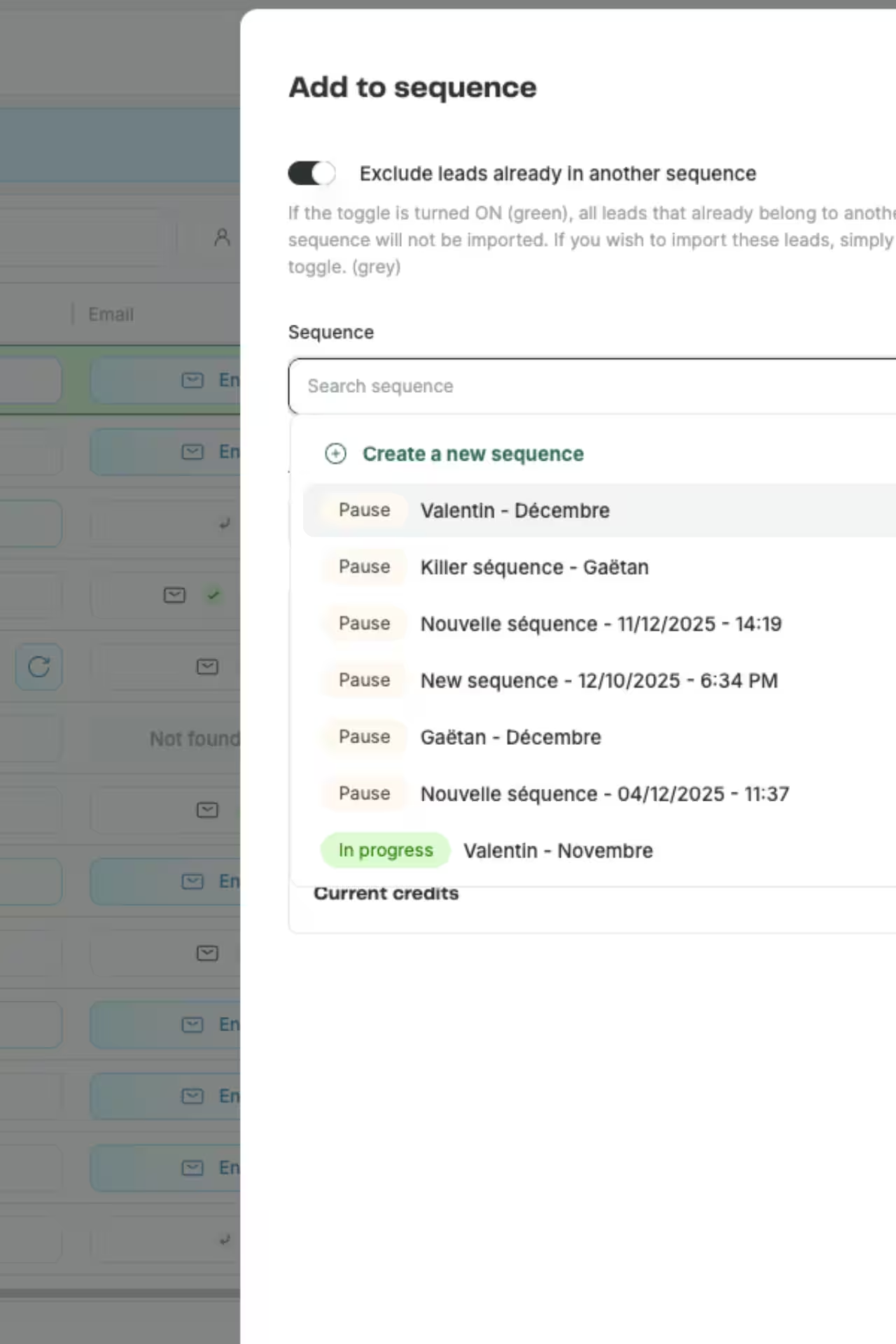In sales, you’re not just selling a product—you’re selling yourself. If you’re not fully confident in what you’re offering, why should the client be? Here’s how to position yourself as a trusted authority and create meaningful connections with your clients.
9 Tips on How to Sell Yourself When Working in Sales
1. Sell Yourself on What You’re Selling
First things first—believe in what you’re selling. A lack of conviction will quickly shine through and erode trust. You need to be 100% convinced that your product or service is the best out there. If you can’t sell yourself on it, your clients won’t buy into it either.
When you know your offering inside and out and genuinely believe in its value, that confidence comes across in every conversation. Clients can sense authenticity, and nothing builds rapport quicker than showing you fully stand behind what you’re offering.
2. Confidence Builds Trust
Confidence is contagious. When you speak with certainty and conviction, you project trustworthiness. But be careful—confidence doesn’t mean over-inflating the product or making false claims. It’s about being genuine and informed, not arrogant. Let your knowledge and expertise drive the conversation.
3. Cut the Jargon—Speak Simply
Salespeople often fall into the trap of using buzzwords and industry jargon to sound smart. Here’s the reality—don’t try to sound smart, be smart. Use simple, direct language that gets to the heart of the matter. Most clients don’t care about flashy terms; they care about whether you can solve their problem.
Keep it clear and concise. Show them you know what you’re talking about without complicating the message. The key is delivering real value, not drowning them in technical terms.
4. Become the Expert
In sales, knowledge is power. You should know your product so well that you can answer any foreseeable question with ease. Anticipate the typical concerns, objections, and challenges a client might raise and be ready with insightful solutions.
Clients expect the salesperson to be the ultimate authority on what they’re buying. If you can’t explain your offering confidently or answer simple questions, you’ll lose credibility fast.
5. Listen and Focus on Their Needs
The biggest mistake salespeople make is repeating the same pitch, regardless of the client’s needs. Don’t just talk; listen. Understanding the client’s pain points and tailoring your pitch around their specific challenges is crucial.
When you make the client feel heard and understood, you build a connection. Then, instead of a generic pitch, you can offer a custom solution that meets their unique needs.
Pro tip: If they mention a problem or concern, address it directly with how your product can fix it. That’s how you demonstrate true value.
6. Come Prepared
When it comes to meetings, preparation is everything. Show up calm, on time, and ready to dive into the conversation. Know the client, their business, and their potential pain points before you walk into the room.
Being well-prepared will not only impress your client, but it will also make you more confident during the discussion. Professionalism is key—a well-prepped meeting shows you respect their time and are serious about solving their problems.
7. Own Your Expertise
Remember—you are the authority on your product or service. Don’t shy away from taking the lead in the conversation. Clients are coming to you because they need your expertise, so act like the expert you are. Guide them through the process with confidence and assertiveness.
At the same time, stay humble and open to questions. A strong balance of confidence and approachability will earn you more respect and, ultimately, more sales.
8. Stay Adaptable
Every client is different, and the same approach won’t work for everyone. Adaptability is essential. Whether it's adjusting your tone, tweaking your pitch, or offering different solutions, being flexible makes you more effective in your conversations.
9. Follow Up with Purpose
After the meeting, don’t just send a generic follow-up email. Keep the momentum going by adding value in your follow-ups. Address something specific you discussed, send over resources, or share additional insights. This shows you’re attentive and invested in the long-term relationship.
Conclusion
Selling yourself in sales is as important as selling the product. Your confidence, preparation, and ability to listen are what set you apart from the competition. When you genuinely believe in what you’re offering, communicate simply and clearly, and come prepared to address client needs, you build trust and authority. Remember, clients aren’t just buying a product—they’re buying into you as the expert who can solve their problems. Master these strategies, and you’ll turn more prospects into long-term, loyal clients.
Enter the future of lead gen

Table of contents
Placeholder Title
Table of contents
Placeholder Title
Placeholder Title
Download our full case study ebook!










